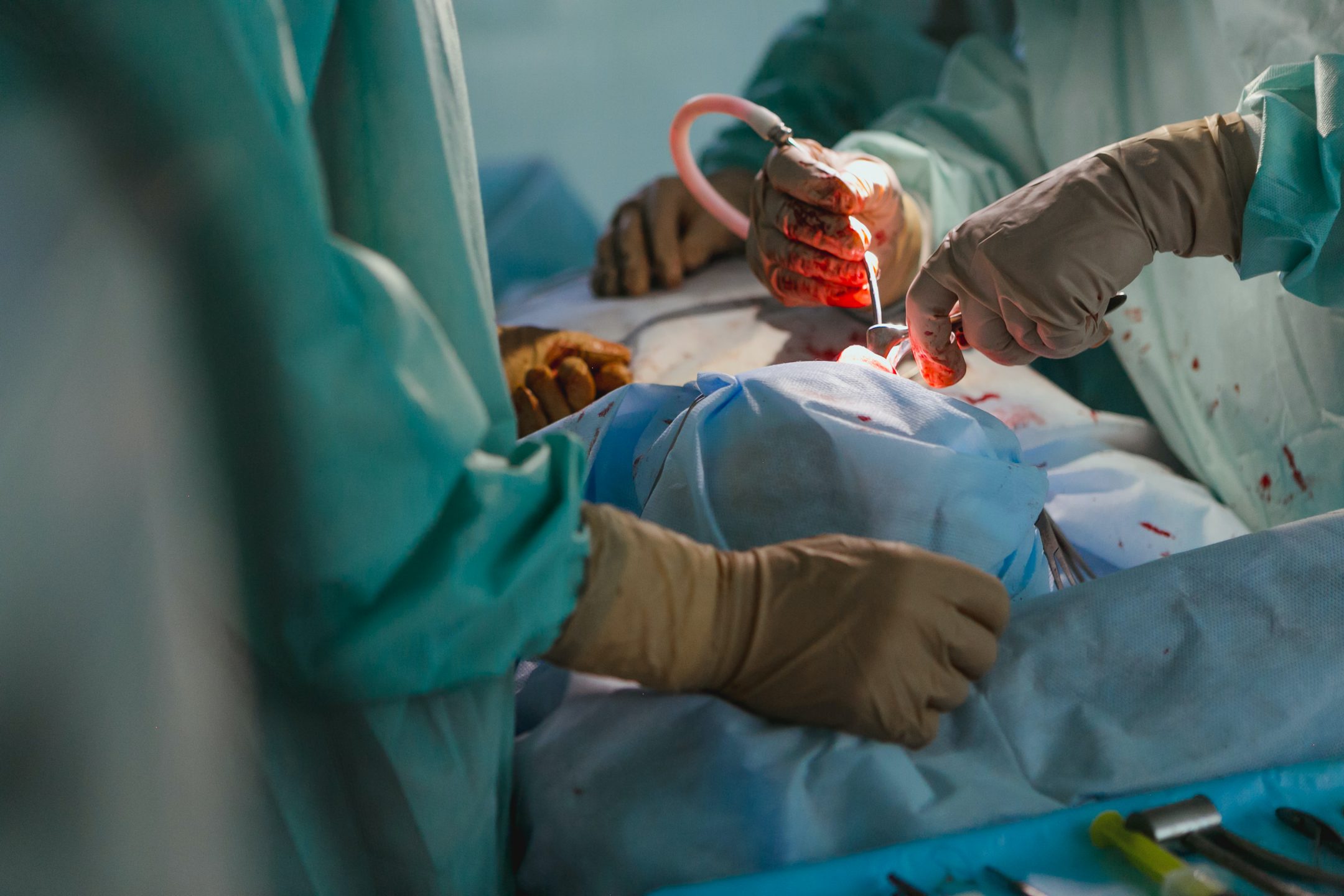According to research, Canada’s hospitals reveal significantly higher rates of foreign objects, such as sponges and instruments, left in patients after surgery, in comparison to other wealthy countries.
The Canadian Institute for Health Information (“CIHI”), a non-profit organization committed to providing health information to Canadians, released a report last year entitled “Benchmarking Canada’s Health Care Systems: International Comparisons, 2019”. Canada’s health system was compared to 36 member countries of the Organisation for Economic Co-operation and Development (“OECD”), including Australia, Belgium, France, Germany, Israel, Japan, Mexico, Spain and the United States, amongst others.
One of the most disturbing findings was that over the past two years there were 553 foreign bodies (i.e. sponges and instruments) left behind in patients following surgery in Canada. That data showed that 9.8 per 100,000 patients were discharged from surgery with a foreign object left in their body. This was an increase in 14% over the last five years. This data is based upon information provided by hospitals in only nine provinces.
The data also showed that the provinces varied greatly, with B.C. having the lowest rate of foreign items left in surgical patients at 5.7 per 100,000, while Quebec had the highest rate at 15 per 100,000 patients being discharged from surgery with foreign objects.
WHAT ARE THE LEGAL RAMIFICATIONS OF FOREIGN OBJECTS LEFT IN PATIENTS AFTER SURGERY
Surgeons rely on a variety of tools and objects while working on their patients. By the time the surgery has ended, most of these tools and objects should be removed. If foreign objects are left behind, this can lead to major health problems and the possibility of legal consequences.
Stitches, stents and implants, although classified as foreign objects, are the type of items that are supposed to be left inside a patient. However, when considering a medical malpractice lawsuit, a foreign object that is not supposed to be left behind may include a sponge, towel, scalpel, blade, scissors, glove, tweezers, clamp or pins.
Operating rooms are required to use procedures to prevent any objects being left behind. Surgical counts are required to be made before the operation begins and before a patient leaves the operating room to confirm what items were used and whether any items are missing.
If a sponge or towel is left behind, it can form a mass or tumor called gossypiboma. Doctors use gauze sponges to control bleeding and mop up fluids around the surgery site during the procedure. If there is a lot of bleeding, doctors may request additional sponges that may not be included in the count before the surgery began. If a sponge is left inside the body at the end of surgery, this can be very painful and create medical complications. A CT scan may detect the sponge. Sponges that have been left inside a patient for an extended period of time may result in weight loss, intense pain, vomiting, infection, internal scarring, bowel obstruction, fistula in the bowels, erosion of the intestinal wall or death.
If a surgical tool is left inside a patient’s body, it can potentially cut or damage bodily organs or cause bleeding.
Patients may go months or even years before learning that a foreign object has been left inside their body. In some cases, infection, severe pain, internal organ damage, digestive problems, fever, swelling and obstructions are possible.
Human error is often the reason that foreign objects are left inside patients following surgery. Incorrect counts may be the result of fatigue, improper management systems or inexperience during surgical emergencies.
Items being left behind might occur when dealing with multiple surgeries, procedures involving more than one surgical team, surgeries involving a significant amount of blood loss, and if the patient’s body mass index is high.
MEDICAL MALPRACTICE LAWYERS CAN HELP YOU
When a surgeon and/or health care team makes a preventable mistake such as leaving a foreign object behind after surgery, and a patient is injured or killed as a result, the surgeon and/or health care team may be liable for compensating the injury victim or his/her surviving spouse and family members.
If you or a loved one have suffered serious permanent injuries as a result of a negligent act or omission by a health care professional or injuries while undergoing a procedure in a hospital, the experienced lawyers at Cuming & Gillespie LLP can help.
Deciding whether to proceed with a medical malpractice lawsuit is a difficult decision that should be made following careful consideration. The first step in this process is choosing the right personal injury lawyer to help guide you through the complicated, time-consuming and risky litigation procedure.
A law firm that specializes in medical malpractice law will be able to contact a team of medical experts to help you present your claim and can make a difference in the eventual outcome of your case. At Cuming & Gillespie LLP, we can assemble a team of legal and medical experts to ensure that you put forth the strongest case and receive the compensation that you are entitled to.
If you or a loved one have suffered injuries as a result of medical malpractice, you may require surgery and rehabilitation, and you may suffer from pain, disability, and expenses. At Cuming & Gillespie LLP, we will review your case and consult with medical experts to provide you with an honest evaluation of your potential claim. We provide free consultations for new clients to review your case and discuss potential options. Contact our office today online or call 403-571-0555 to make an appointment to speak without experienced personal injury lawyers. We look forward to helping you obtain the compensation that you deserve.

